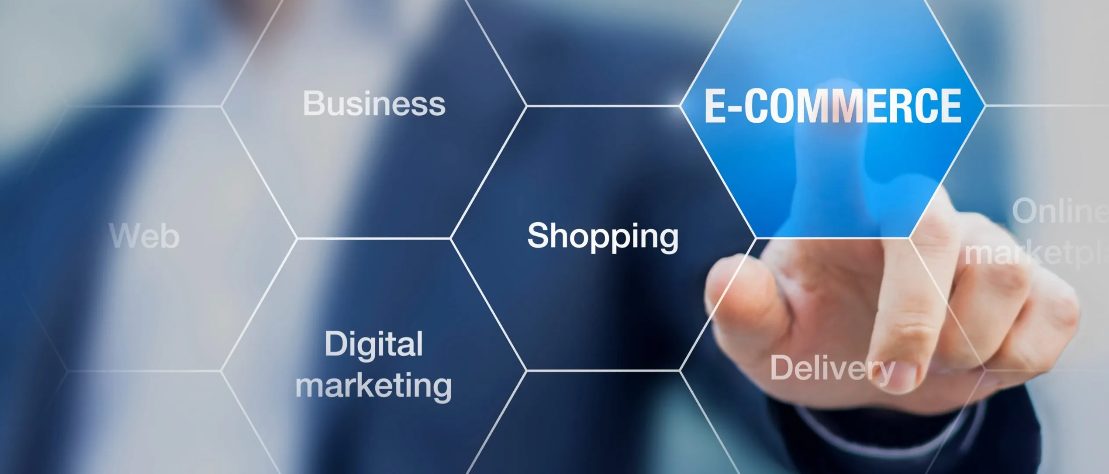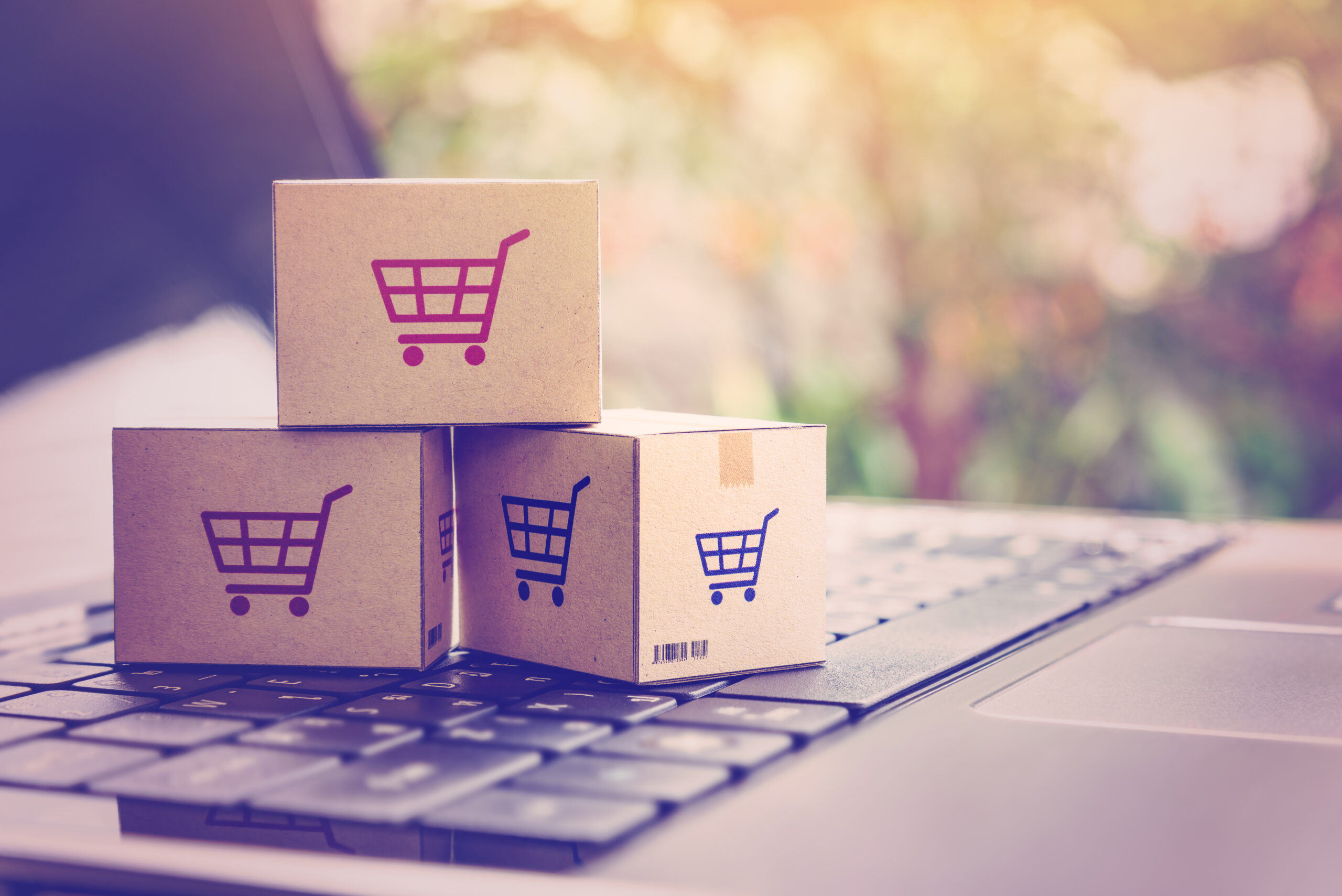
The global ecommerce market is projected to reach approximately $6.56 trillion by the end of 2025, marking a 7.8% increase from last year. This growth is largely attributed to the expansion of mobile commerce, advancements in digital payment systems and the enhancement of omnichannel experiences. The B2B ecommerce landscape is poised for significant transformation this year and to stay competitive, businesses should focus on the following key trends:
1. B2B Buyers Expect B2C Experiences
A new, younger generation of business buyers, accustomed to seamless and personalised B2C transactions, is reshaping B2B ecommerce expectations. Features such as robust search capabilities, real-time inventory updates and dynamic pricing are becoming essential. Industries like manufacturing and automotive are leading this shift by adopting online sales platforms that mirror B2C experiences. To meet these evolving demands, B2B companies may need to invest in modern technologies and consider partnerships that enhance their digital offering.
2. Expansion into Emerging Markets
Countries including Turkey, Romania, Poland and Hungary present significant growth opportunities due to increasing internet accessibility, a rise in mobile commerce and expanding middle-class populations. B2B ecommerce businesses should conduct thorough market research to identify demand, localise their websites, offer appropriate payment options and understand regional regulations. Analysing website traffic can provide insights into potential markets, enabling effective positioning for international growth.
3. Navigating Complexities in Mature Markets
Established markets may introduce challenges such as protectionist policies and diverse compliance requirements. For instance, new tariffs in the U.S. could impact international trade, though UK firms might be less affected due to their specialised production. In Europe, varying VAT rates and compliance standards necessitate strategic market selection and a thorough understanding of logistical considerations. Businesses should stay informed about policy changes and adapt their strategies accordingly to maintain competitiveness.
4. Sustainability as a Core Value in B2B Ecommerce
Sustainability is no longer a niche concern but a fundamental value that increasingly influences B2B purchasing decisions, especially with the younger B2B buyers. Today’s business buyers are prioritising partnerships with suppliers that demonstrate environmental responsibility, favour eco-friendly products and packaging and provide transparency regarding their carbon footprint.
Recent research by DHL indicates that 73% of business buyers are interested in understanding the CO2 emissions or climate impact of their deliveries. Additionally, 88% of B2B customers are more likely to remain loyal to companies that actively support environmental initiatives.
B2B businesses can meet these evolving expectations by integrating sustainable practices across their operations, from sourcing materials to logistics. Partnering with providers which offers carbon-reduced shipping options, can help attract environmentally conscious customers and stand out in the competitive landscape of 2025.
5. The Ongoing Rise of Social Commerce in B2B Ecommerce
B2B buyers are increasingly leveraging social media platforms for product discovery, research and even purchasing decisions – a trend expected to gain momentum throughout 2025. Social commerce offers B2B businesses a unique opportunity to engage potential clients, showcase products and streamline the purchasing process directly through these platforms. By integrating social commerce strategies, B2B companies can enhance visibility, foster stronger customer relationships and drive sales in a digitally connected marketplace.
By focusing on these 5 trends, B2B ecommerce businesses can position themselves for success in the evolving digital marketplace of 2025. If you are ready to take your B2B ecommerce business to the next level in 2025, GOb2b can help.
GOb2b is a B2B ecommerce platform that helps businesses create online stores specifically designed for B2B ecommerce transactions. By choosing GOb2b for your ecommerce platform you will be helping your business to stand out in 2025. By integrating our powerful, user-friendly platform, as well as our mobile app, with your existing systems, such as Sage and Pegasus accounting, we help companies streamline their operations, enhance customer experiences and scale efficiently.
Please contact us for a demo of our B2B ecommerce website platform and mobile app.
Topics
- b2b ecommerce (2)
- b2b trends (1)
- B2B v B2C (6)
- Benefits (7)
- Challenges (12)
- Covid-19 Recovery (11)
- Customer Retention (14)
- Data Migration (1)
- Distributors (2)
- Ecommerce (1)
- eCommerce Metrics (2)
- Funding (2)
- GDPR (1)
- Get Started (27)
- Growth (28)
- Integration (38)
- Manufacturers (5)
- Prepare Your Team (8)
- SaaS (11)
- Save Money (5)
- Save Time (5)
- Self-service (12)
- Track Success (4)
- Which Platform? (15)
- Wholesalers (1)



